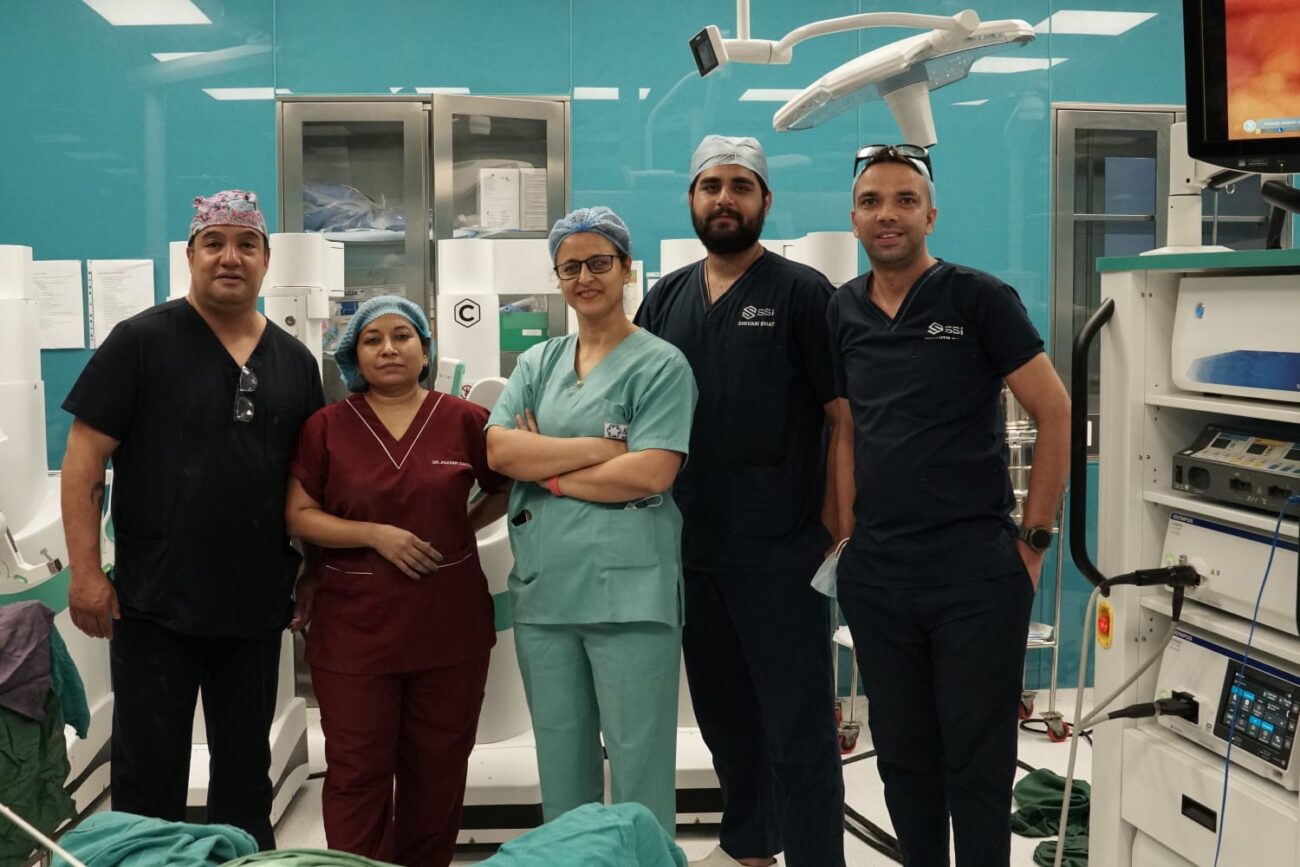Technology in genomics is driving the journey from trial-and-error to Precision Healthcare
The dictionary definition of precision is “the quality, condition, or fact of being exact and accurate”. Every field is working towards achieving precision and bettering it day by day. Healthcare industry is thriving when it comes to precision medicine.
The dictionary definition of precision is “the quality, condition, or fact of being exact and accurate”. Every field is working towards achieving precision and bettering it day by day. Healthcare industry is thriving when it comes to precision medicine. If we look at the journey of healthcare industry in recent years, the paradigm-shift from trial-and-error to targeted treatment has not taken too long. Advancements in the genome technology helps in the various aspects of treatment be it therapy selection, diagnosis or for selection of the right donor.
Therapy Selection: The first point that comes to the mind when we say precision medicine is to administer drugs exactly based on what the need of the hour is. Hit where it matters. For non-small cell lung cancer (NSCLC), where the EGFR gene has certain mutations, drugs like Erlotinib, Gefitinib and Osimertinib can be prescribed as the first line of therapy which means that these medicines can be prescribed even without chemotherapy. Similarly, there are set of drugs that can be prescribed for mutations in ALK gene and BRAF gene for NSCLC. On similar lines, for hereditary breast and ovarian cancer cases, where there are certain inherited mutations pertaining to BRCA1 and BRCA2 genes, a class of drug called PARP inhibitors can be prescribed. So, the question that arises is how it is related to the topic. We have often heard that there are various side effects of chemotherapy. This is because the drugs also target healthy cells over and above cancerous cells. Targeted treatment, as the name suggests, targets the specific mechanism by which the cancerous cells grow and hence there is a minimum interference with the healthy cells.
Diagnosis: One more field where genetic testing has brought a precision revolution is ‘Diagnosis’. With the help of next generation sequencing technology, it has become increasingly possible to sequence large number of genes at one go and provide exploratory insights that, in the past, were either not available or too cumbersome to obtain. The plethora of information available makes it feasible to diagnose the disease accurately and take appropriate action.
Donor Selection: Whenever a bone marrow transplant is done, the recipient’s body might consider the donor’s bone marrow as a foreign body and start attacking it considering that it’s a threat to recipient’s body. Hence, after bone marrow transplant (rather any organ transplant), the recipient is put on immunosuppressant therapy. The immunosuppressant drugs bring down possible immune response that the recipient’s body is likely to develop upon transplant. Again, with the advent of next generation sequencing, it is possible to find the best fit donor so that the recipient is not required to be immunosuppressed as much as he/she would have been otherwise.
If we go back to our original point, there are multiple ways in which healthcare industry is moving towards precision medicine. However, the role of genomics can not be undermined due to its several applications over and above the above-mentioned areas. Genetic testing can aid in therapy monitoring, disease prognosis, hereditary risk assessment and disease surveillance. Healthcare industry is sure moving towards being precise, exact and accurate.



